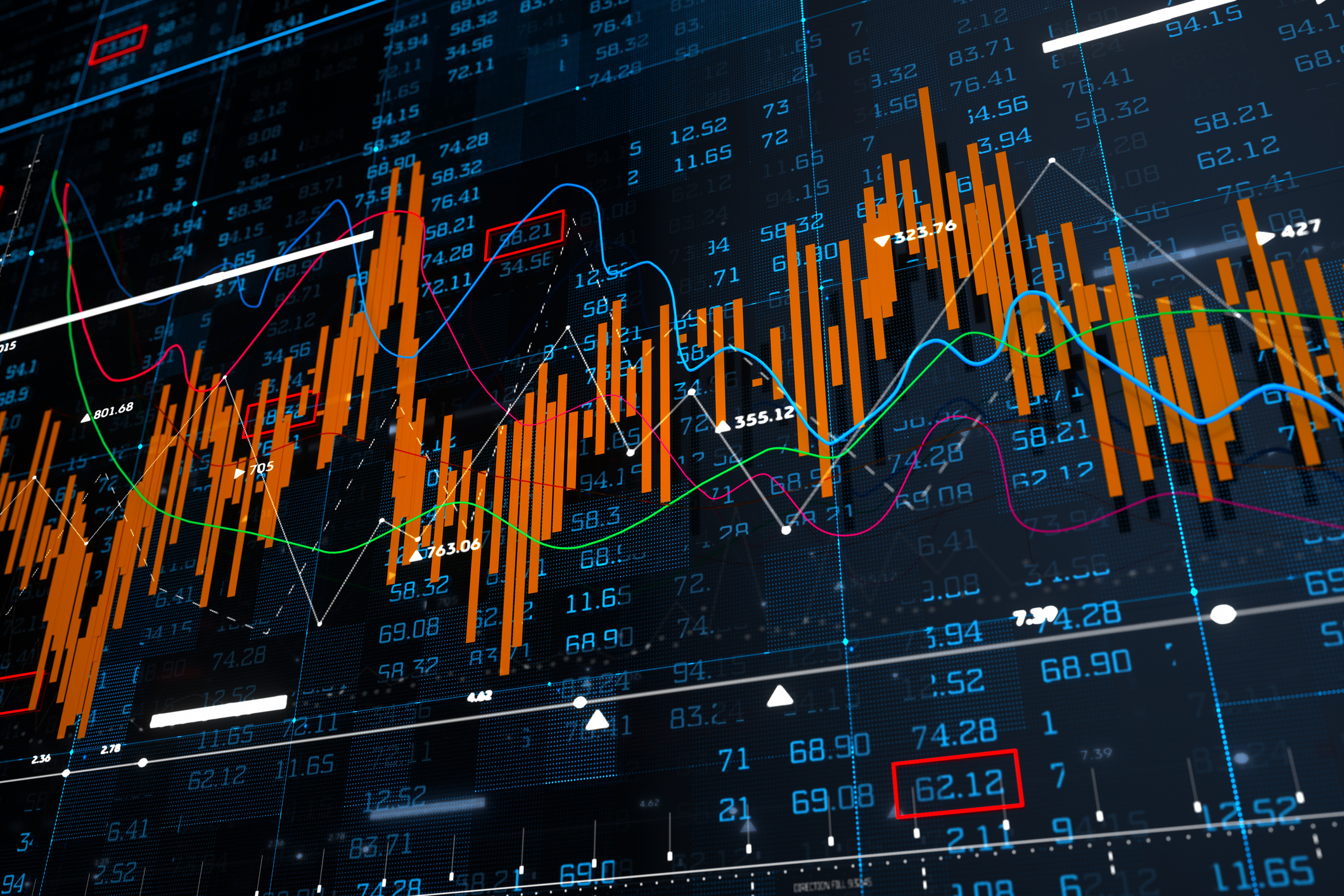Indian stocks suffered their worst intraday fallsince March 2020 on Tuesday, as vote counting trends in the general election suggested Prime Minister Narendra Modi’s alliance was unlikely to win the overwhelming majority predicted by exit polls.
With about half the votes counted, Modi’s own Bharatiya Janata Party (BJP) looked unlikely to secure a majority on its own in the 543-member lower house of parliament and would need allies in the National Democratic Alliance (NDA) to form the government.
That could lead to some uncertainty over economic policies, such as the push for investment-led growth, which has been the cornerstone of the Modi government’s rule. The Indian economy grew at 8.2% in the financial year ended March 2024.
“The key question is whether BJP can retain single-party majority. If not, then would its coalition be able to deliver economic development, particularly infrastructure?,” said Ken Peng, head of investment strategy, Asia, at Citi Global Wealth.
The NSE Nifty 50 index closed down 5.9% at 21,884.5 points, and the S&P BSE Sensex fell 5.7% to 72,079.05. The indexes fell as much as 8.5% earlier in the day, after hitting record highs on Monday.
At the day’s low, the indexes saw their biggest intraday fall since March 2020, when stocks were battered by the first lockdown during the COVID pandemic.
“Due to the dependency on coalition partners, the upcoming NDA government may shift its focus towards a welfare-oriented approach rather than concentrating on reforms during the July budget,” said Puneet Sharma, CEO and Fund Manager at Whitespace Alpha.
Indian markets are likely to now derate due to higher risk perception, said analysts at brokerage Emkay Global, which believes that difficult reforms like changes to land and labour policies, along with privatisation of state-run enterprises, were “off the table”.
Exit polls over the weekend had projected a big win for Modi’s NDA, catapulting markets to all-time highs on Monday as investors were buoyed by expectations of sustained economic growth.
Benchmark indexes had more than tripled in value since Modi became prime minister in May 2014, as of Monday’s close.
Foreigners, who poured a net $20.7 billion into Indian equities last year but pulled back ahead of the election, had widely been expected to turn buyers if the Modi alliance secured a decisive mandate.
They bought shares worth a net 68.51 billion rupees ($824.4 million) on Monday.
“In our view, the important thing is that the NDA returns to form the next government, which represents policy continuity,” said Mike Sell, head of global emerging market equities at Alquity in London.
“Whether they win by 20 or 120 impacts the amount of structural reform that can take place, but ultimately a win is a win and the increasing positivity around the Indian structural growth story will be undiminished.”
The lack of clarity on the margin of victory for the NDA saw intraday volatility on the share index rise to its highest level in 26 months.
Traders said that selling by high-frequency traders accelerated the drop and the sharp fall triggered margin calls.
The market is witnessing a significant correction due to margin calls as retail investors were carrying heavily leveraged positions, said Rupak De, senior technical analyst at LKP Securities.
Some investors saw the decline as a buying opportunity.
“Regardless of the final election count, the India economy will continue to benefit from longer term tailwinds of favourable population demographics and the ongoing geopolitical tensions between China and U.S.,” said Gary Tan, portfolio manager at Allspring Global Investments.
Investors expect the Modi government to continue focusing on turning the country into a manufacturing hub – a project that has courted foreign companies including Apple and Tesla to set up production as they diversify beyond China.
The rupee ended at 83.53 against the dollar, down 0.5% on the day, marking its worst single-day fall in 16 months. The benchmark 10-year bond yield rose as much 12 basis points to 7.06%.
(Reuters)














